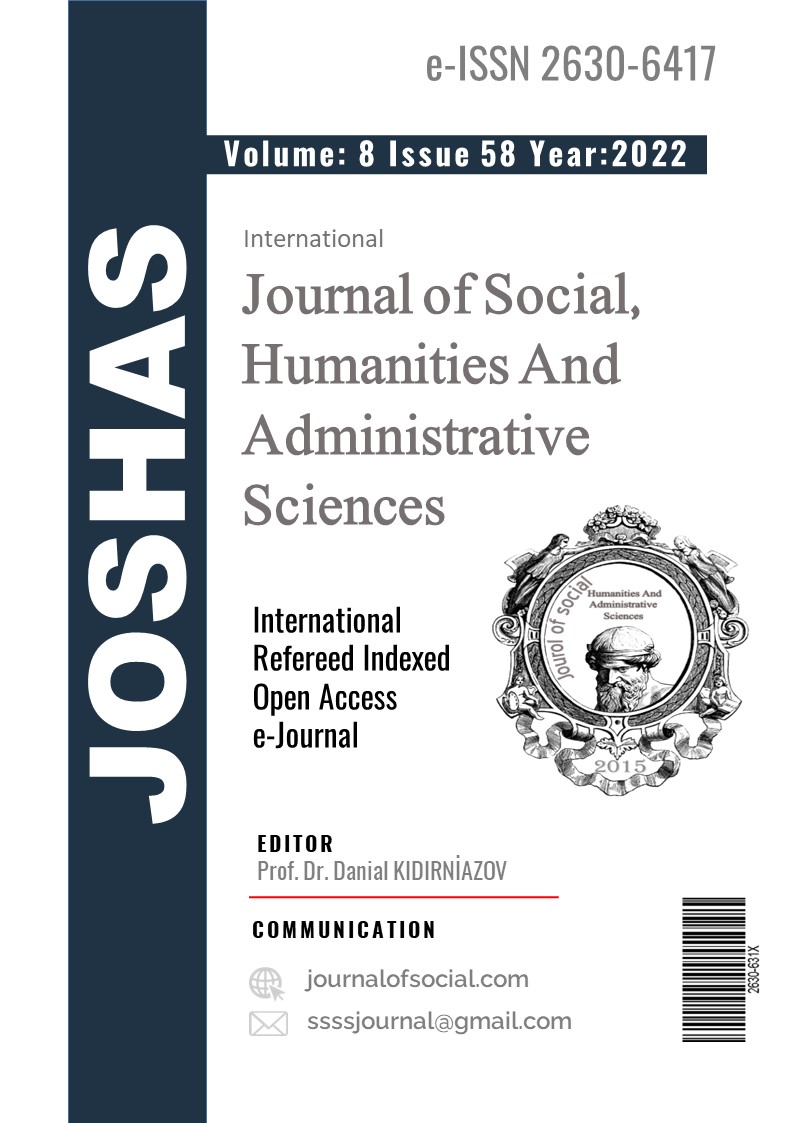Author :
Abstract
Kur’âniyyûn ekolü diye bilinen bu yaklaşım, Kur’an’ın her şeye cevap verdiğini iddia ederek onun dışında ikinci bir kaynağa hem ihtiyaç olmadığını hem de güvenilmeyeceğini iddia etmiştir. “Kur’an bize yeter” söylemini sloganlaştıran bu yaklaşım, sünneti dönemsel, hadisleri ise ravilerin mahsulü olarak gördüklerinden metin tenkidini sadece rivayetin açıklarını bulmak ve iddialarını ispat etmek için kullanmışlardır. Hadis usûlü meselelerini ve senedi tümüyle gereksiz gördükleri için rivayetlerin sahih veya zayıf gibi ayrıma tabi tutulmasını önemsememiş ve gelenekteki farklı metotları da görmezden gelmişlerdir. Hadisçilerin metin tenkidiyle uğraşmayıp sadece sened ile ilgilendiklerini ancak önemsedikleri senedin de hiçbir anlam ve kıymetinin olmadığını iddia etmişlerdir. Fakat bu düşüncelerine rağmen iddialarını ispata elverişli rivayetleri kullanmaktan da geri durmayarak çelişkili bir tutum sergilemişlerdir. Baştan itibaren metin tenkidinin sonuçlarının olumsuz olacağına dair ön yargıları, bu yaklaşımı tikel örnekler üzerinden genelleştirme yapma yoluna sevk etmiştir.
Keywords
Abstract
The approach, known as the Qur'anic school, claimed that the Qur'an answered everything and a second source other than it was neither needed nor trustworthy. This approach, which makes the slogan "Quran is enough for us", used text criticism only to find the flaws of the narration and to prove its claims, since they saw the sunnah as periodic and the hadiths as the product of narrators. Since they saw the issues of hadith methodology and the document as completely unnecessary, they did not care about the distinction between authentic and weak narrations and ignored the different methods in the tradition. They claimed that the hadithists did not deal with criticism of the text and were only interested in the sanad, but that the hadith, which they cared about, had no meaning and value. However, despite these thoughts, they showed a contradictory attitude by not refraining from using narrations that are suitable for proving their claims. The prejudices that the results of text criticism would be negative from the beginning led this approach to generalize over particular examples.
Keywords
- 1. Aslan, Recep. Tarihten Günümüze Kur’an ile Yetinme Söyleminin Kritiği, Anemon Muş Alparslan Üniversitesi Sosyal Bilimler Dergisi, 2021, c. IX, s. 141-147.
- 4. Hamd, Ğanim Kadduri. Kur’an-ı Kerim’in Sayı İ’cazı Tevehüm mü Gerçek mi?, çev. Halil Sağlamoğlu, KSÜ İlahiyat Fakültesi Dergisi, sy. 25, 2015, s. 154-155.
- 5. Hansu, Hüseyin. Hadisçilik ve Kur’ancılık Kıskacında Kur’an ve Hadis, Hikav Yayınları, İstanbul, 2022.
- 6. Kırbaşoğlu, M. Hayri. İslam Düşüncesinde Sünnet, Ankara Okulu Yayınları, Ankara, 2015.
- 7. Mansûr, Ahmet Subhî. el-Kur’an ve Kefâ Masdaran lit-Teşrîi’l-İslâmî, Muessesetu’l-İntişâri’l-Arabî, Beyrut, 2005.
- 9. .........., es-Sünnetu’n-Nebeviyyetu Hakikatun Kur’âniyye, by. Kahire, 2005.
- 10. .........., Ezmetu’l-Mustalahi’d-Dînî, Dâru’l-Fikri’l-İslâmî, Kahire, 2010.
- 11. Sancaklı, Saffet. Sünneti Doğru Anlamak, Rağbet Yay., İstanbul, 2003.
- 12. Verdânî, Salih. Difâun ani’r-Rasûl, Dâru’r-R’ay, by., 1998.
- 13. Yıldırım, Enbiya. Kur’an Bize Yeter Söylemi, Takdim Yayınları, Ankara, 2019.
- 14. Yusuf, Abdurrahman Muhammed. el-Kur’aniyyûn fi Mısır, Dâru’l-Beyân, Kahire, 2012.
- 15. Ziriklî, Hayruddin. el-A‘lâm, Dâru’l-İlmi li’l-Melâyîn, Beyrut, 2002.
